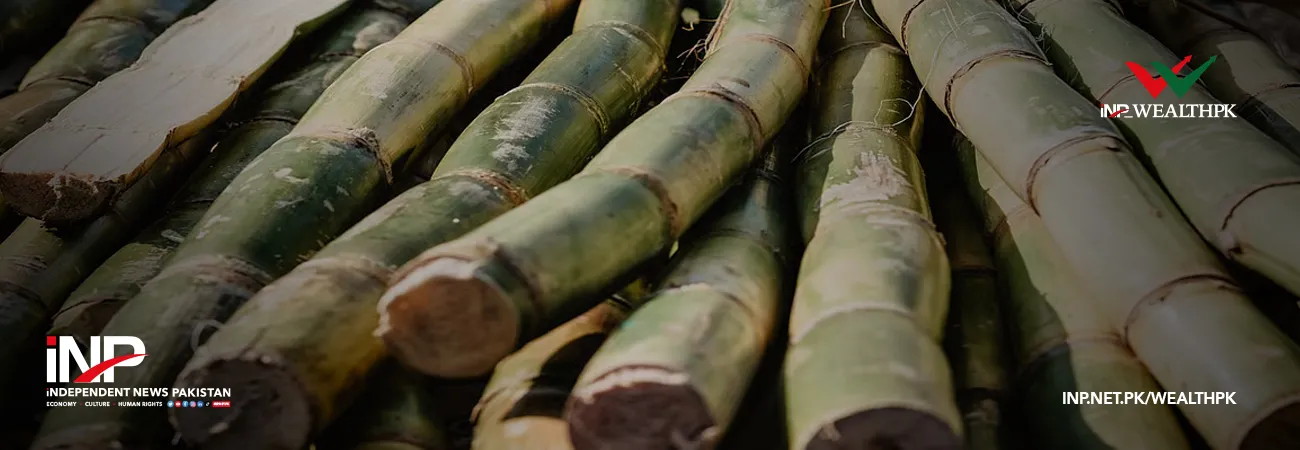INP-WealthPk
ISLAMABAD, Aug. 10 (INP): “Collaboration is quite significant, that’s why Pakistani scientists are interested in exchanging cotton germplasm lines with China for research preparation,” said Dr. Muhammad Tehseen Azhar, Associate Professor at Institute of Molecular Biology and Biotechnology, Bahauddin Zakariya University
For example, he said, cottonseed research is one of the untapped territories in cotton research between both countries. And Pakistani and Chinese researchers can collaborate to increase the choice of cotton genes (the gene pool).
According to a report published by China Economic Net, cottonseed is the principal oilseed crop grown in Pakistan, accounting for more than 84% of domestic oilseed production.
However, Pakistan’s oilseed production is on a declining trend mainly due to falling cotton production. Marketing Year (MY) 2020/21 (Oct-Sept) production is forecast at 3.36 million metric tons (MMT), down 3% from the current marketing year primarily due to a projected decrease in cottonseed.
“There were some managerial issues in Pakistan,” said Dr. Muhammad Tehseen Azhar. First, “We don't have specific cotton production zones like China.” To solve this, Dr. Muhammad Tehseen Azhar thinks the Government of Pakistan should arrange some areas dedicated for cotton.
“We are exploring new garden area in Balochistan. And the government is giving subsidies to cotton farmers, like seeds, fertilizer, management exercise...”
Also, the lack of technology in Pakistan could be problematic for some time. “Pakistan is still a developing country, and there are lots of differences in cotton research between Beijing and Islamabad, like the lack of proper infrastructure in agriculture.”
In order to tap the potential of Pak-China cooperation in cotton research, he has signed MoUs of joint research program with different Chinese institutions, including Huazhong Agricultural University (HZAU), Xinjiang Agricultural University (XAU), School of Agriculture Sciences, Zhengzhou University (ZZU), and Institute of Cotton Research (ICR) of Chinese Academy of Agricultural Sciences (CAAS), Anyang.
According to Prof. Du Xiongming, director of ICR, CAAS, the two countries have already exchanged over 300 cotton germplasm resources.
“We have a couple of PhD students who complete their studies in Anyang and Pakistan. We have jointly released research publications and my cotton lines from Pakistan are growing very good in Anyang,” Dr. Muhammad Tehseen Azhar said full of hope.
As he puts it, the Chinese lines didn't grow well in Pakistan right now because they have not been bred for high temperature.
But they are trying to get the Chinese lines fit in the system. “I am also working with Prof. Min Ling from HZAU for the development of heat tolerance by using Pakistani accession as a potential source,” he explained.
Recently he as the team leader from Pakistan, together with some Chinese cotton experts, applied for the “Belt and Road” Innovative Talent Exchange Project for Foreign Experts. He believes that China and Pakistan can be complimentary on cottonseed research.
INP/javed





